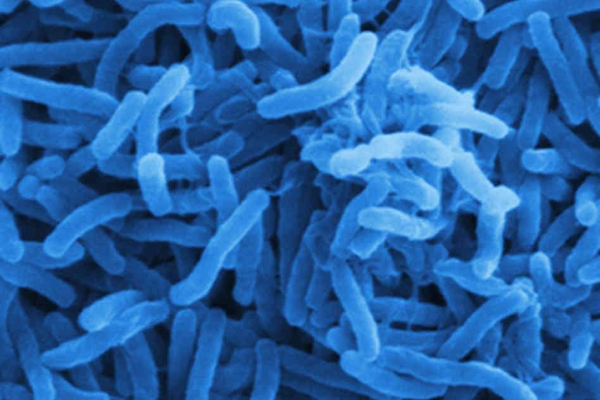
By NQOBANI NDLOVU
BULAWAYO has recorded a sharp decrease in diarrhoea cases from 600 in 2020 to 175 in 2021 with city fathers attributing the decline to improved access to potable water following the easing of water-shedding.
This was revealed in the latest report of the Council’s health, housing and education committee.
The city has been battling diarrhoea since last year.
“Diarrhoea cases (175) decreased in the month of February 2021 compared to the same month the previous year (600). The decrease could be attributed to emergency response mechanisms (ERMs) and the rains, which improved access to potable water.
“Bulawayo was on high alert for typhoid as it was endemic in neighbouring cities,” the report read in part.
Last year, an environmental, management and engineering services committee report revealed that Bulawayo water was contaminated.
According to the report, quality tests done by the council at its Criterion, Ncema and Cowdray waterworks showed that potable water could have been contaminated through broken water pipes.
- Chamisa under fire over US$120K donation
- Mavhunga puts DeMbare into Chibuku quarterfinals
- Pension funds bet on Cabora Bassa oilfields
- Councils defy govt fire tender directive
Keep Reading
The leakages were blamed on ageing water reticulation infrastructure.
“This water shedding has generally had an impact on the quality of water; this is evidenced by an increase in the number of water complaints received within the city. The complaints are largely related to odour and presence of particles (turbid) in the water of which various factors have been attributed to these changes in water quality,” the report read in part.
“The factors include suspected ingress of sewage-contaminated water through leaking points into the potable water pipes and occasional depletion of water at service reservoirs and subsequent agitation of accumulated mud in the reservoirs leading to carry-over of the same to the distribution network”.
- Follow Nqobani on Twitter @NqobaniNdlovu











